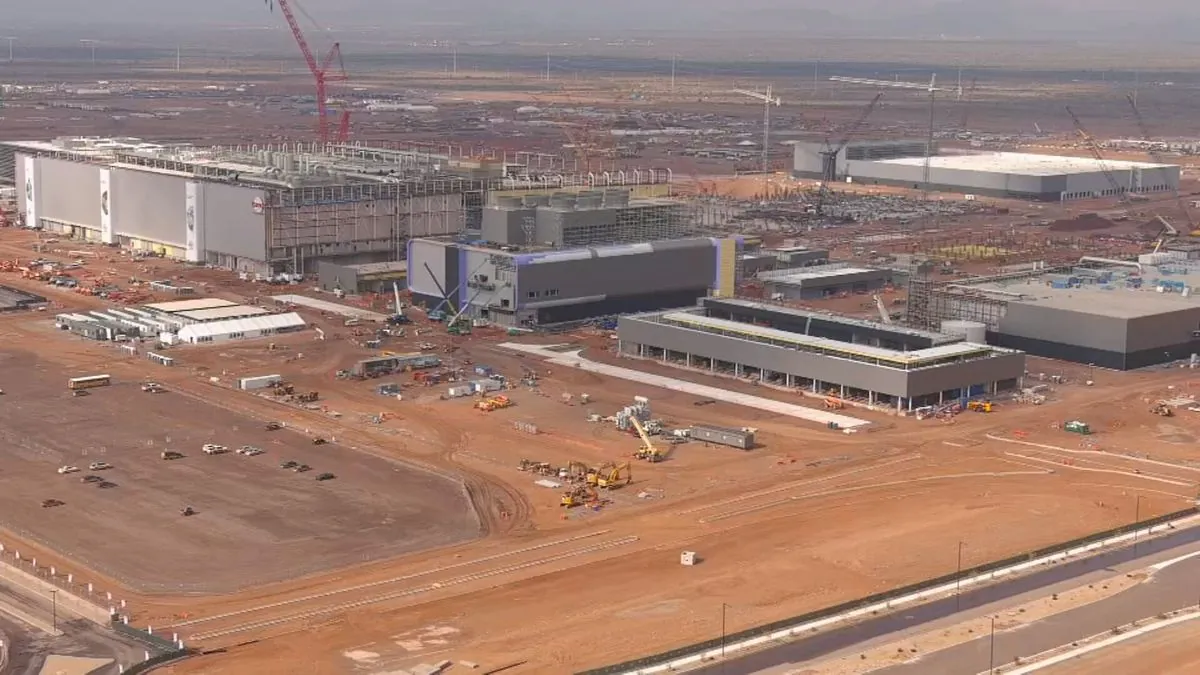Apple's US-Made Chips: A Shift in Global Semiconductor Landscape
TSMC begins producing Apple chips in the USA, marking a significant change in advanced semiconductor manufacturing. This move aligns with US efforts to reduce reliance on Taiwan amid geopolitical tensions.

In a significant development for the global semiconductor industry, Taiwan Semiconductor Manufacturing Company (TSMC) has reportedly begun producing Apple chips in the United States. This marks a departure from the decade-long practice of manufacturing these advanced processors exclusively in Taiwan.
TSMC, founded in 1986 with substantial government backing during Taiwan's democratization, has been at the forefront of chip manufacturing innovation. The company pioneered the "foundry" model, focusing solely on chip production for clients rather than designing its own. This approach has led to TSMC's dominance in the industry, with the capability to produce cutting-edge 2 nanometre transistors - so small that 50 billion could fit on a fingernail.
The shift to US production is part of a broader strategy outlined in President Joe Biden's Chips and Science Act, a $53 billion initiative aimed at revitalizing American semiconductor manufacturing. This move comes as the US share of global chip production has dwindled from 37% in 1990 to just 12% in 2021, while Taiwan's share has surged to over 60%.

The geopolitical implications of this shift are significant. Taiwan's dominance in advanced chip production has been viewed as a "silicon shield," providing a degree of protection against potential Chinese aggression. However, this reliance has also been a source of concern for US policymakers, given the island's complex relationship with China.
"The US and the rest of the world is in this precarious situation where it relies on Taiwan for advanced chip manufacturing, but it really has no other choice."
The Arizona plant's production of Apple's A16 chip, while not the company's most advanced, represents a crucial first step in diversifying the supply chain. This development aligns with the US goal of reducing dependence on Taiwan for critical technology components.
However, the transition is not without challenges. The semiconductor industry's complex ecosystem, built over four decades with hundreds of billions in investments, cannot be replicated overnight. TSMC itself has reaffirmed its commitment to Taiwan, stating it remains the company's top priority.
As the global semiconductor landscape evolves, the industry faces an uncertain future. Projections suggest Taiwan's control over advanced chip production may decrease to 47% by 2032, with the US share potentially rising to 28%. This shift could have far-reaching implications for global technology supply chains and geopolitical dynamics.
The success of US-based chip production for companies like Apple will be closely watched as a indicator of the effectiveness of recent policy initiatives and the potential for a more diversified global semiconductor manufacturing base.


































